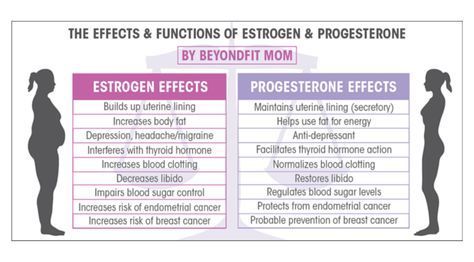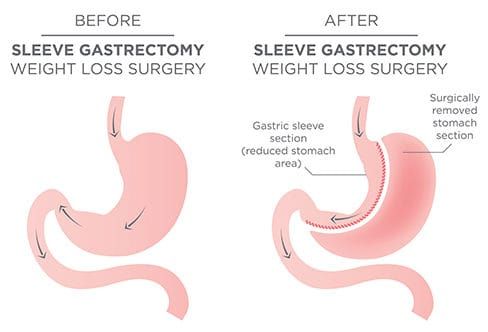Weight management is a common concern amongst teenagers in today’s society. While it’s important to focus on overall health and well-being rather than solely weight loss, there are teens who may need to shed some excess pounds to reduce health risks. In this article, we will explore a healthy approach to weight loss for teens.
Eating a Balanced Diet
Achieving and maintaining a healthy weight begins with consuming a well-balanced diet. Incorporate fruits, vegetables, whole grains, lean proteins, and low-fat dairy products into your meals. Avoid diets that promote extreme restrictions or elimination of entire food groups as they can be detrimental to your health and hinder proper growth and development.
Portion Control
Teens often consume larger portions than necessary, leading to excessive calorie intake. Use smaller plates and bowls to help control portion sizes. Listen to your body’s hunger and fullness cues, and stop eating when you feel comfortably satisfied rather than overly full. Avoid eating in front of screens as it can encourage mindless eating.
Stay Hydrated
Drinking plenty of water is essential for weight loss and overall health. Replace sugary beverages such as soda and juices with water or unsweetened herbal tea. Staying hydrated helps you feel fuller and can reduce unnecessary snacking. Carry a reusable water bottle with you to encourage regular water intake throughout the day.
Regular Physical Activity
Engaging in regular physical activity is crucial for weight loss and maintaining a healthy weight. Aim for a minimum of 60 minutes of moderate to vigorous intensity exercise daily. Find activities that you enjoy, such as swimming, dancing, or playing a team sport. Incorporate strength training exercises into your routine to build lean muscle mass.
Limit Screen Time
Excessive screen time is linked to sedentary behavior and increased snacking. Limit the time spent on television, computers, and smartphones. Instead, engage in physical activities, hobbies, and spend time with friends and family. Taking breaks from screens also helps improve sleep quality, which is essential for maintaining a healthy weight.
Mindful Eating
Practice mindful eating by paying attention to your food choices, eating slowly, and savoring each bite. Avoid distractions while eating, such as watching TV or using electronic devices. By focusing on the taste, texture, and enjoyment of your food, you are more likely to recognize when you are full and make healthier choices.
Seek Support
Embarking on a weight loss journey can be challenging, so it’s important to seek support from friends, family, and healthcare professionals. Surround yourself with positive influences who encourage and motivate you. Consider joining a support group or working with a registered dietitian who specializes in adolescent nutrition.
Maintain a Positive Body Image
Weight loss should not be solely based on achieving a particular body shape or size. Embrace your body and focus on its strength, health, and abilities. Engage in activities that boost self-confidence, such as exercising, dressing in clothes that make you feel good, and practicing self-care regularly.
Conclusion
Weight loss for teens should always prioritize a healthy approach to overall well-being. Remember to consult with a healthcare professional before starting any weight loss program to ensure it is suitable and safe for your specific needs. By following a balanced diet, practicing portion control, staying physically active, and seeking support, you can achieve a healthy weight and develop lifelong positive habits.






